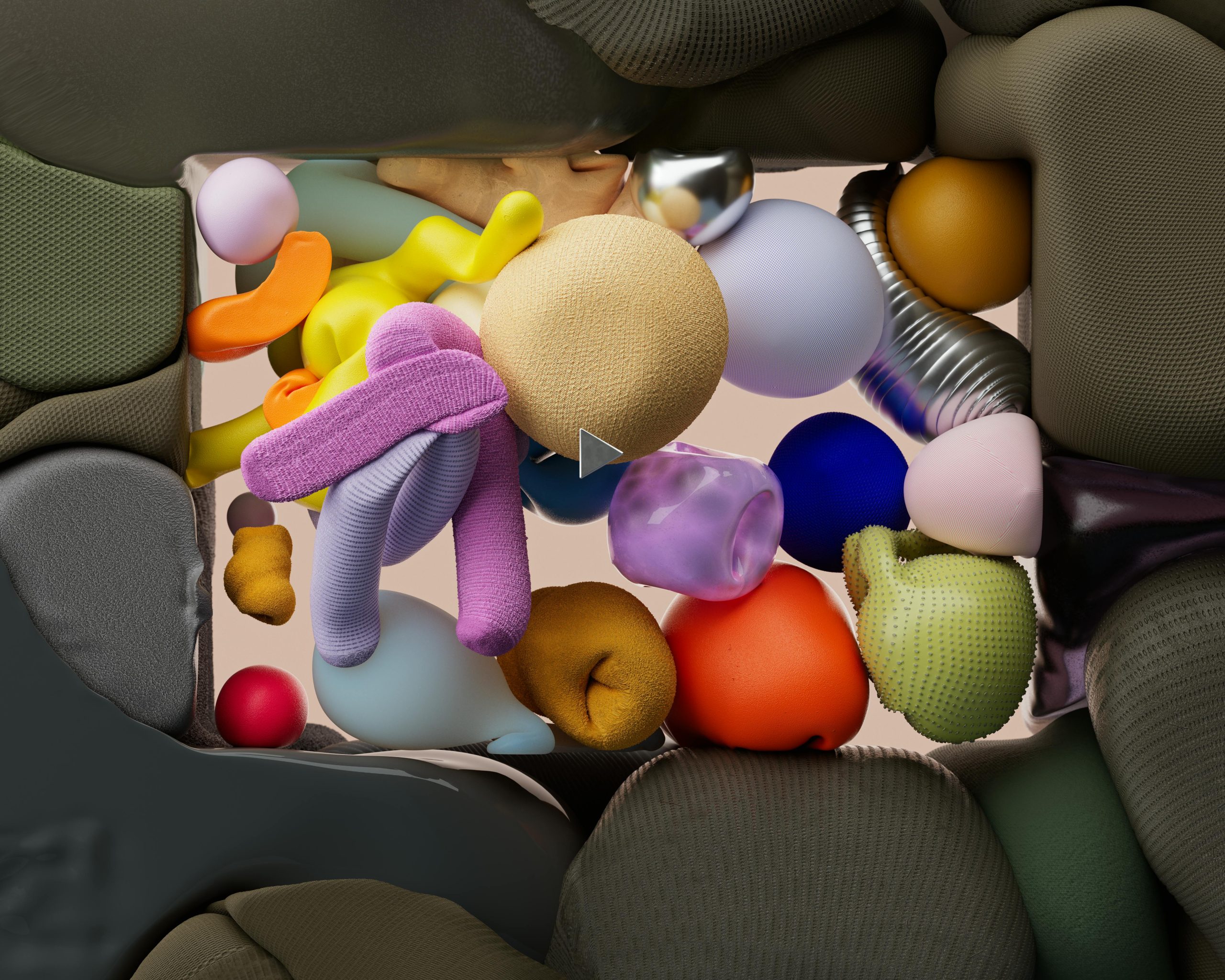The Intriguing and Unavoidable Phenomenon That Threatens Our Independence
The Hidden Threat to Our Autonomy: An Underestimated Challenge to Free Will in the Digital Age
In discussions about artificial intelligence, the focus often centers on sensational scenarios—killer robots, robotic overlords, or dystopian takeovers that happen suddenly and loudly. These visions evoke images of chaos and control, of machines enslaving humanity in some digital matrix. However, the true peril is subtler yet arguably more profound: a gradual erosion of our attention and, consequently, our free will.
Our worldview—how we perceive ourselves and our environment—is fundamentally shaped by the information we’ve absorbed through our senses over a lifetime. This encompasses everything from our language and trust to our political beliefs. When we step back and reflect on this, it’s clear that much of our perspective is a mosaic built from external influences.
All animals with brains learn from their environment; this is the very purpose of cognition. Unlike genetic evolution, this learning can occur within a single lifetime, constructed from survival-critical information accumulated over years. Humans, however, possess a distinct advantage: our ability to pass on worldview-shaping ideas through symbols—stories, spoken words, written language. This capacity for symbolic communication has been the cornerstone of civilization itself.
Yet, this very superpower also introduces a vulnerability. Humanity only developed writing around 5,000 years ago, and for most of that time, literacy was confined to a small elite. The majority’s worldview was shaped primarily by direct sensory experiences, with written language exerting limited influence.
Then came the era of television—an entirely new mode of symbolic transmission that didn’t require literacy. Suddenly, the flow of worldview-shaping information grew more accessible and potent. Over time, the influence of mediated content increased drastically—from roughly 2% to an estimated 10% or more of what shapes our beliefs.
Growing up in the late 20th century, my experience of media was limited—one TV in the house, often not even turned on. Today, we are immersed in screens all day long. Not only is the volume of digital content enormous, but the algorithms behind these platforms are finely tuned to understand us—possibly better than we understand ourselves.
Imagine a reality where algorithms anticipate your needs, preferences, and even subconscious biases, influencing you continuously. A significant part of our worldview may now be shaped by virtual forces beyond our conscious awareness. This subtly shifts the boundaries of free will, turning us into puppets manipulated by unseen strings—cells in an expansive, internet-connected super














Post Comment